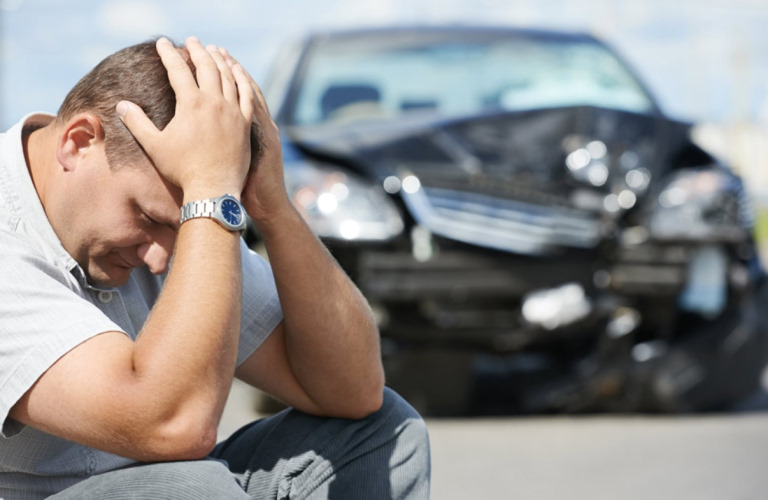If you have recently been in a car accident, you may be dealing with injuries and general disruption in your life. However, you might be surprised to feel that headaches have become your constant companion. The question you may have is whether these headaches are a direct result of the accident, the stress you are experiencing, or any other reason. You may also be wondering how long they will last and how you can get rid of them.

Contents
Causes of Headaches After Car Accidents
It is interesting to note that headaches after car accidents can appear right away but can also not happen until hours, days, or even a week after the crash. A visit to your primary care physician may help determine their cause and suggest ways to deal with them.
Among the most common causes are whiplash or a blow to the head, and the severity of the pain will depend to a great extent on the force and impact of the accident.
Types of Headaches Associated with Accidents
These are the most common types of accident-related headaches:
Port-Traumatic Headache
This is caused by a blow to the head or neck. They may originate at the neck or the brain as a direct result of a concussion. Muscle contractions and spasms from a pinched nerve in the neck area or at the base of the skull are also responsible for this type of headache. It is common for these headaches to take days or weeks to present themselves after the accident.
Migraine Headaches
Also referred to as post-concussive headaches, these come as a result of a concussion caused by a blow to the head. They may also present themselves after a violent jolt and may be accompanied by nausea and, in some cases, vomiting. Other symptoms of these headaches are memory loss, clouded thoughts, irritability, confusion, depression, anxiety, ringing in the ears, and problems with dizziness or balance.
Spasm Headaches
When the muscles of the neck, upper back, or head contract after an accident, they cause spasm headaches. They are common after the body experiences a sudden jolt to the neck and head since soft tissue can tear or get injured. The contraction is also responsible for swelling, redness, and tenderness in the affected area and a reduced range of motion.
Fracture Headaches
When a bone in the neck or the skull is fractured, you can experience intense headaches. In these cases, it is also common to have an injury in the brain that will cause persistent headaches. Pain is generally at the back of the head and neck or close to the injury site. The extent of the bone fracture will determine the severity of the headache, which can be accompanied by confusion, slurred speech, a stiff neck, or nausea.
Pinched Nerve Headache
Suppose the compression of the spine due to the jolt of the crash results in a pinched nerve or irritation of the nerve roots at the base of the skull. In that case, you will experience pain, tingling at the base of the skull, numbness, a burning sensation, and the area may also feel tender to the touch.
Whiplash Headaches
Whiplash is an extremely common injury after car crashes. It happens when a sudden force is applied to the head and neck. During a short time, the head is usually forced too far forward and backward, straining soft tissue in the area. These headaches are usually centered around the base of the skull and are accompanied by pain in the neck, stiffness in the area, dizziness, and fatigue. It is common for whiplash headaches to start days or weeks after the accident.
See a Doctor After Your Accident
After being in a car accident, it is recommended that you see a doctor as soon as possible. This will not only help with your insurance when it comes to bringing a claim, but it will also help your physician diagnose your condition and find any hidden injuries in your internal organs. Taking this first step after the accident means you will have someone who saw you immediately after the crash and can monitor the development of any unexpected symptoms and conditions.
If you start experiencing any of the above headaches, develop nausea, vomiting, light sensitivity, or debilitating pain, URL recommends that you consult with a doctor who has experience treating accident-related headaches. You want to find out if the headache is a symptom of another condition and also ensure that the headache does not turn into a chronic condition.
Seek treatment from a medical specialist who has experience treating patients who have been injured in a car accident. You should never opt to tough it out in hopes that the headache will disappear on its own. If you need pain relief fast, consider DC headache IV therapy. Providers can come to your home to administer an IV therapy treatment designed to relieve headache pain
Leave a Reply
You must be logged in to post a comment.